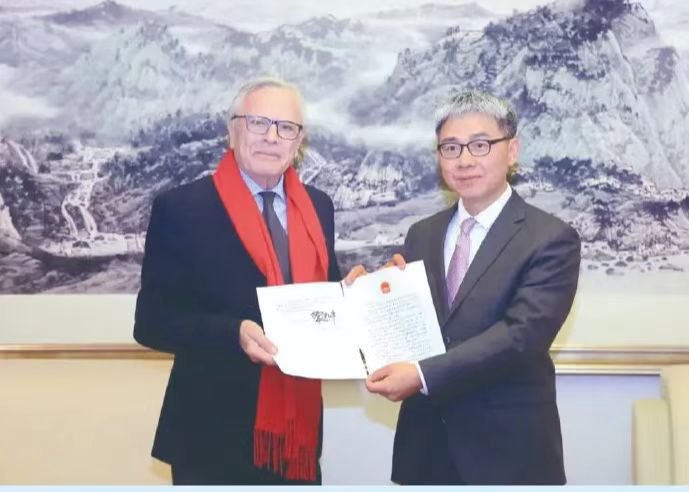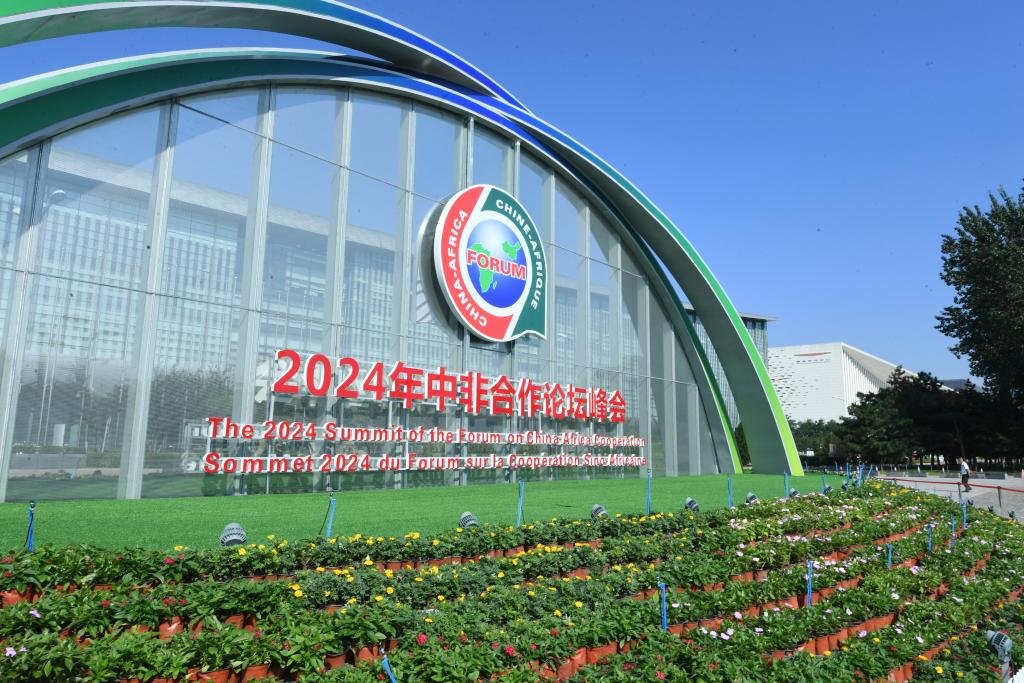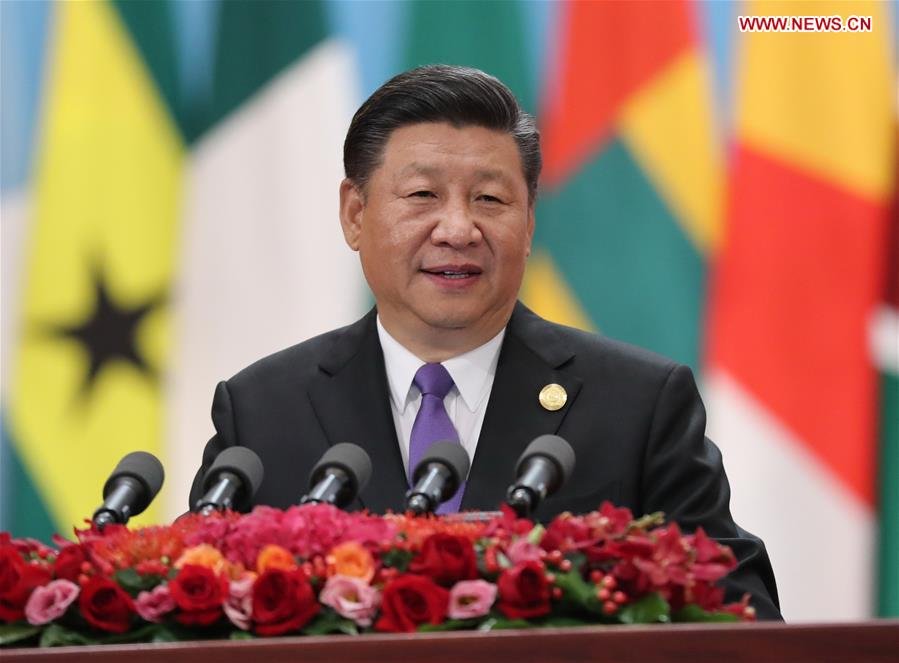SINAFRICANEWS.ORG

By SinAfricaNews September 4, 2024 0 Comments
Gert Grobler, a former veteran diplomat of South Africa and honorary professor of the Institute of African Studies at Zhejiang Normal University (China), and 63 scholars from 50 African countries sent a joint letter to Xi, warmly congratulating on the third plenary session of the 20th CPC Central Committee, highly commending the historic achievements of the FOCAC, and expecting that the upcoming Summit of the FOCAC would write a new chapter in building a China-Africa community with a shared future and the joint modernization of the Global South.


Join our global community of readers who seek to understand the evolving dynamics between China & Africa. Let's see the world from the Global South's perspective.
SINAFRICANEWS brings you a new narrative of our World from a Sino-African Perspective
SINAFRICANEWS 2026 © All Rights Reserved. Design & Developed by VW Themes
You must LOG IN first!
Javascript not detected. Javascript required for this site to function. Please enable it in your browser settings and refresh this page.

